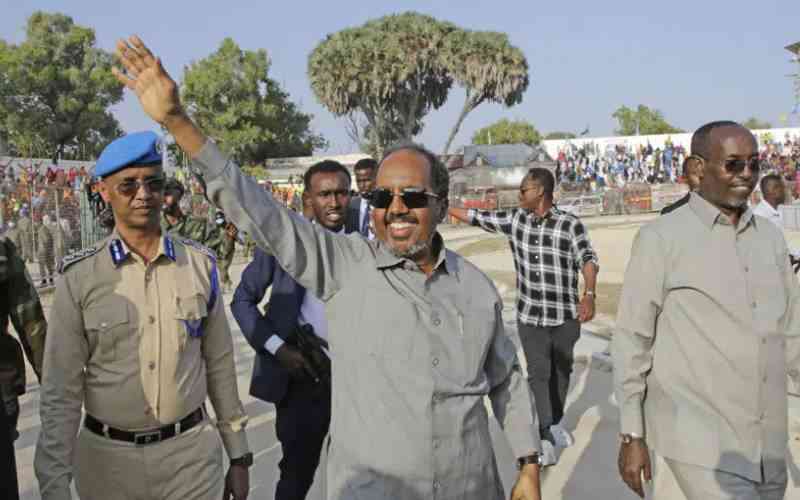×
The Standard e-Paper
Join Thousands Daily

The African Union appealed for nearly $90 million (Sh1.2 billion) Wednesday for its peacekeeping force in Somalia, which is providing support to its military forces battling al-Shabab extremists.
Ambassador Bankole Adeoye, the AU commissioner for political affairs, peace and security, told two reporters that the more than 19,600-strong AU force won't be able to function properly and help the Somalis unless that funding gap is filled.